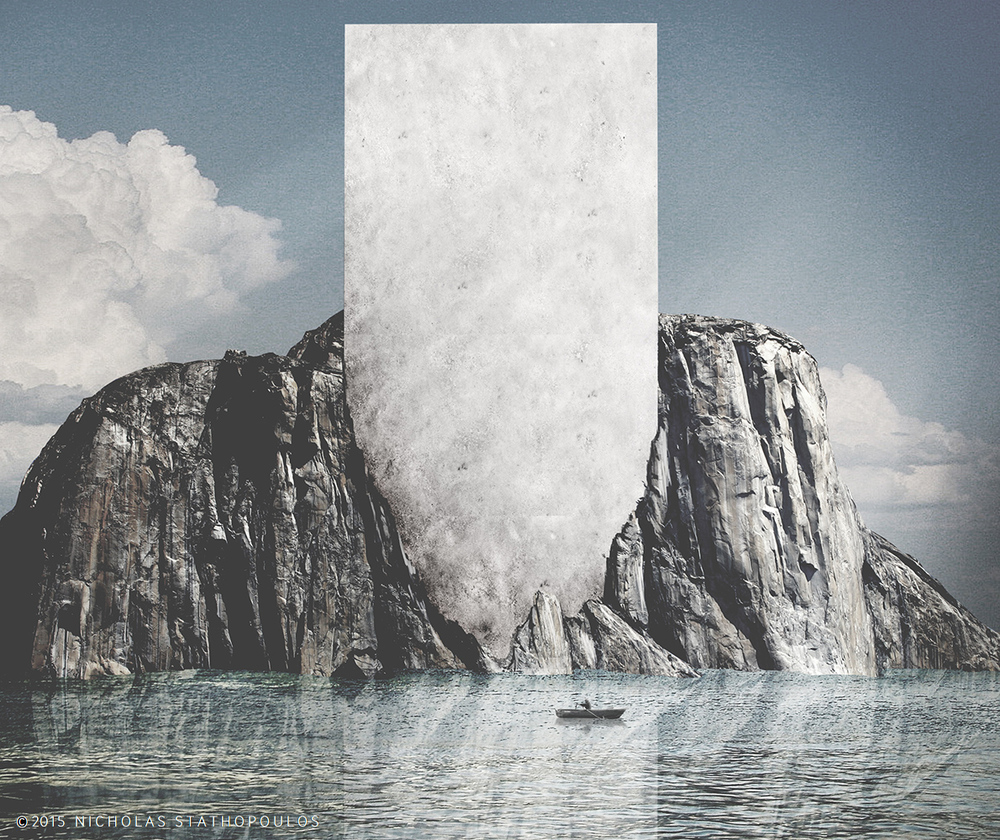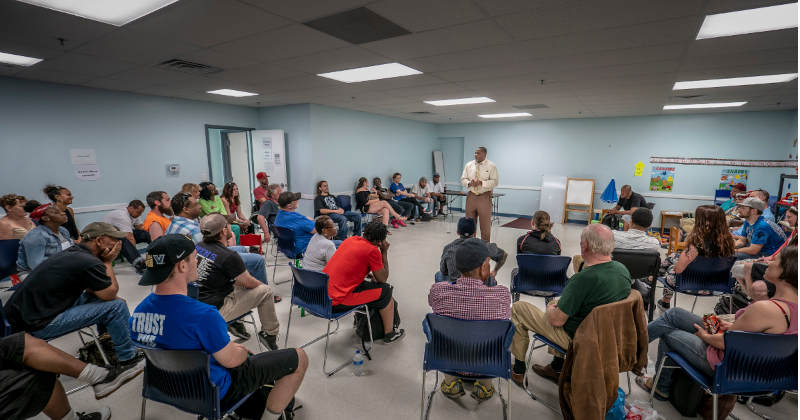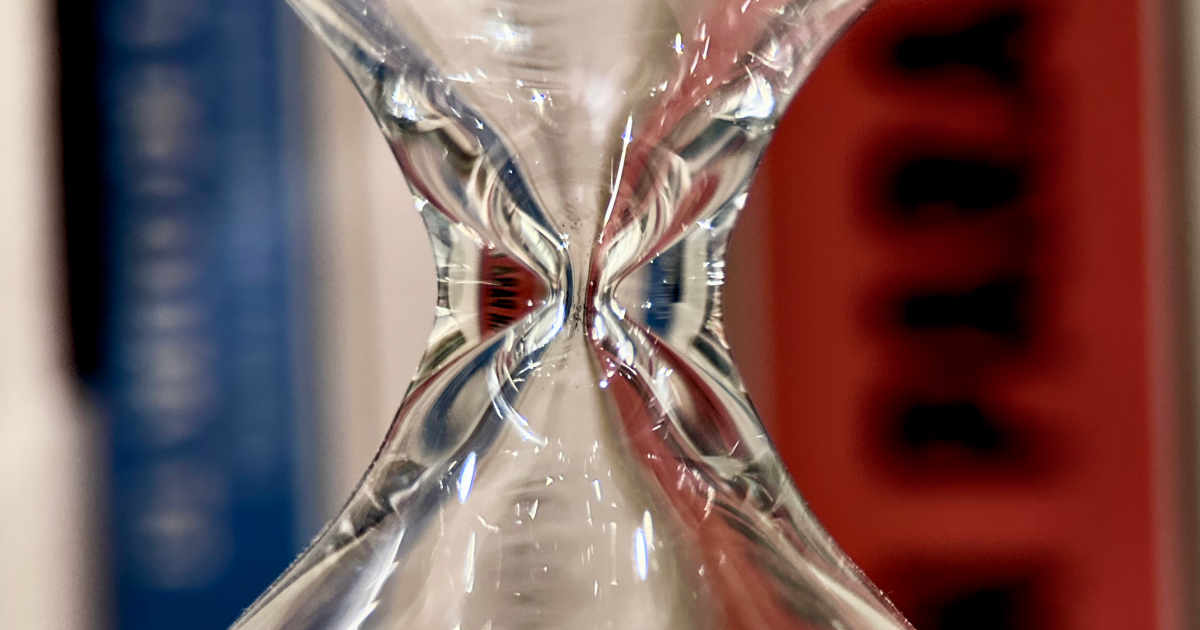
“This trip had dimension and tone. It was a thing whose boundaries seeped through itself and beyond into some time and space that was more than all the Gulf and more than all our lives.”
-John Steinbeck, The Log from the Sea of Cortez
We just returned from the Sea of Cortez on a trip with National Geographic to watch the whales migrate from the tip of Mexico to the Bering Strait. The beauty of Baja was stunning, and riding in a zodiac within 10 feet of a mother whale and her calf as they swam closely together in perfect synchrony was thrilling. John Steinbeck was right when he said that the experience “seeped beyond time and space and was more than all our lives.”
It struck me that the most important events of our lives are the timeless and transcendent moments that transport us out of the noise of daily living and into the mystery and magic of Nature’s wonders.
Eckhart Tolle, the author of several books on spirituality, suggests that transcendental timeless presence in the context of living and dying is significant and necessary for the evolution of humanity. He describes this presence as space consciousness which, to me, means being fully mindful in each moment and to be fully aware of the beauty in and around us. Tolle is a New Age rock star and deserves to be read.
Another real rock star that understands timelessness and transcendence is none other than Bob Dylan. His music is not only still relevant, it continues to transport us to a different place and space. On May 24th of this year (2016), Bob Dylan will celebrate his 75th birthday. In 2001, Dylan won his first Academy Award for “Things have Changed.” The song contains a lyric that will make those of us from his vintage take pause:
“People are crazy and times are strange / I’m locked in tight, I’m out of range / I used to care, but things have changed.”
At 75, Dylan still commands respect and continues to influence music icons today because his words are timeless. In New York, he became part of the growing folk music scene, playing Greenwich Village coffeehouses and spending time with musicians like Joan Baez. He changed music with original tunes for political protest, mind-expanding lyrical introspection and psychedelic interpretation. He was always in search of the transcendent.
There is no shortage of opinions on Dylan—the man and the myth—but in his five decades of work from rock to country to the spiritual, there is no question that he made profound comments on our time.
He had a flare for being unorthodox and wayward. His songs are timeless—they still hold true. His music reflects themes that are very much alive today—they have transcended his time. Bob Dylan is an ageless rock star who deserves to be heard.

What is it about life that drags us from the timeless and transcendent and drops us into the temporal and temporary?
While the drag-and-drop function on our computers may have many useful benefits for writing, it seems to have a negative effect on our lives.
Too often I experience being dragged from the transcendent and dropped into a social, political, religious, or economic quagmire. As a case in point, during the recent trip in the Sea of Cortez, I could be sitting on the bow of the ship watching a pod of dolphins dance on the waves and ride our wake with a joyful playfulness and then go to lunch below and listen to endless pontification about the current election process—a joyless march to negativity and divisiveness.
I’m not sure if the drag-and-drop phenomenon is more a function of internal forces or external forces. Internally, I may experience a conflict between primal urges and higher purposes. Externally, the norms and values of our culture may continually suck me into the muck.
I don’t mean to say that temporal discussions are not important or to suggest that they don’t have long-term consequences. The current political and religious wars have significant implications for the future of the planet. These skirmishes are temporary, however, and the only way to find constructive solutions and resolutions is to turn toward and tune into timeless and transcendent principles. Tolle encourages us to be more present and mindful in each moment. Dylan challenges us to look inside, find ourselves in lyrics, and choose a better way. His lyrics in the “The Times They Are A Changin’,” couldn’t be more relevant today:
“Come senators, congressmen
Please heed the call
Don’t stand in the doorway
Don’t block up the hall
For he that gets hurt
Will be he who has stalled
There’s a battle outside
And it is ragin’.
It’ll soon shake your windows
And rattle your walls
For the times they are a-changin’.
Come mothers and fathers
Throughout the land
And don’t criticize
What you can’t understand
Your sons and your daughters
Are beyond your command
Your old road is
Rapidly agin’.
Please get out of the new one
If you can’t lend your hand
For the times they are a-changin’.
The line it is drawn
The curse it is cast
The slow one now
Will later be fast
As the present now
Will later be past
The order is
Rapidly fadin’.
And the first one now
Will later be last
For the times they are a-changin’.”
Yes, the times are changing, but the principles for constructive change are timeless. And yes, the temporal realities of political and religious divisiveness are real; but unity and harmony come from transcendent ideas and energy. Steinbeck had it right. We need to open up to a dimension and tone that transcends boundaries and seeps through itself and beyond into some time and space that is more than all our lives. We need to be more like the whale and her calf, swimming together in perfect harmony and synchrony. Nature has shown us the way. We just need to follow. May we find ways to move from the temporal and temporary to the timeless and transcendent.



